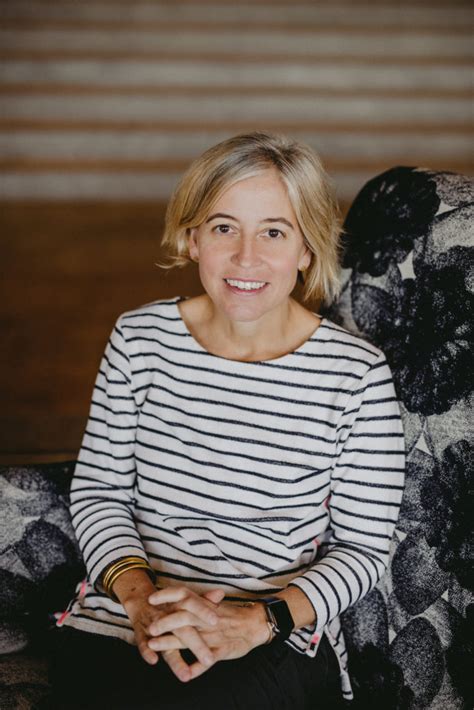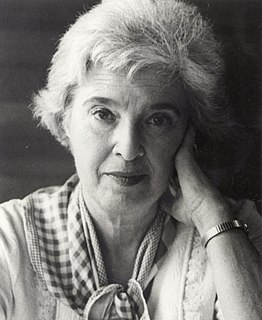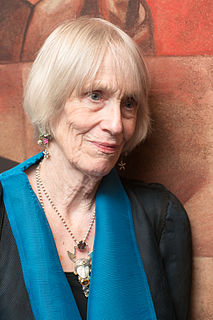A Quote by Tracee Ellis Ross
My generation is one of the first generations of "choiceful" women - women who have actually had the choice of how they architect their lives - and I don't think shame should have any place in that. But as that generation, you get cuts and bruises.
Related Quotes
The object is not so much to get you to keep a journal while you are young, as it is to get you to continue it after you become men and women, even through your whole lives. This is especially needed in the generation in which you live, for you live in as important a generation as the children of men ever saw, and it is far more important that you should begin early to keep a journal and follow the practice while you live, than that other generations should do so.
I grew up in the 1970s and I am a product of women's liberation. My generation is really the first one to fully benefit from the movement. It's the same for homosexuals. We are the first generation to really accept that someone is gay. I work with people who are gay and of course I don't think about it. I don't care if someone lives with a man. Twenty years ago it was an issue. Now it's not.
We've got a generation now who were born with semiequality. They don't know how it was before, so they think, this isn't too bad. We're working. We have our attache' cases and our three piece suits. I get very disgusted with the younger generation of women. We had a torch to pass, and they are just sitting there. They don't realize it can be taken away. Things are going to have to get worse before they join in fighting the battle.
I think that women of my generation have had a real need to form networks and friendships because it's been, as they say, a man's world, and women have felt excluded and isolated to a large degree. When women get together in numbers their strength compounds and is seen and felt by themselves and others.
Men develop ideas and systems of explanation by absorbing past knowledge and critiquing and superseding it. Women, ignorant of their own history [do] not know what women before them had thought and taught. So generation after generation, they [struggle] for insights others had already had before them, [resulting in] the constant inventing of the wheel.
Women had always been thought of as looking after the family when men go and earn an income and they're the bread earner and so on. So there is a kind of generation of inequality, [and], on top of the fact, women have pregnancies and periods, [and] when the children are very small, there are greater demands on their time. So one way or another women have had a pretty rough deal in the past, and there's no reason why that should continue, and any country that has tried to remedy that has succeeded in doing so.
[I was] particularly eager to give voice to the women of my mother's place and generation, who grew up in turn-of-the-century, privileged New England households, who really never had a chance to flower and assess themselves and find out who they were. More than anything, I wanted to give voice to the sort of anger that women of that generation could never express for themselves.



































